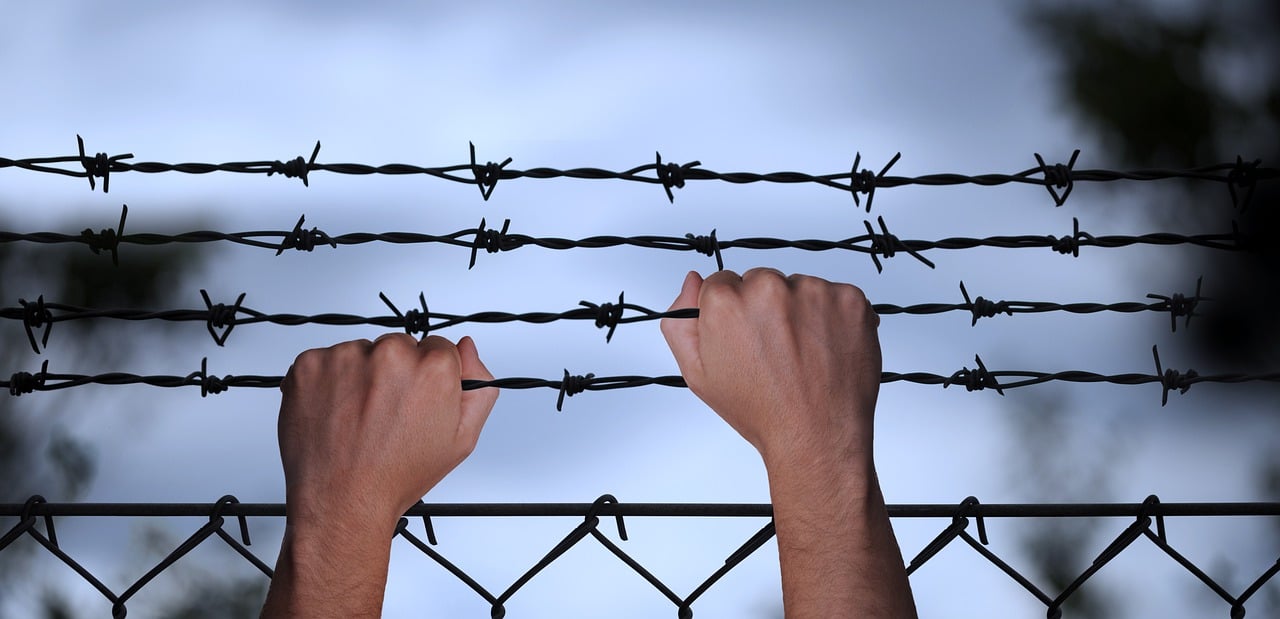The length of time bounty hunters actively search for a fugitive can vary widely based on several factors, including the specific circumstances of the case, the complexity of the search, and the resources available to the bounty hunter or bail bondsman. Here are some considerations:
- Legal Requirements: Bounty hunters are typically hired by bail bondsmen to locate and apprehend individuals who have failed to appear in court after posting bail. They are often bound by legal and ethical responsibilities, which can vary by state. While there may not be specific legal time limits on how long they can search for a fugitive, they must follow the law and adhere to their contractual agreements.
- Resource Constraints: The duration of a search can be influenced by the resources available to the bounty hunter or bail bondsman. A well-funded operation with access to advanced tracking tools and a network of contacts may be able to conduct a more extensive and prolonged search.
- Fugitive’s Actions: The actions of the fugitive can also affect how long bounty hunters continue their search. If the fugitive goes into hiding, frequently changes locations, or takes other steps to avoid detection, the search may take longer.
- Legal Resolution: The search typically continues until the fugitive is located and apprehended, or until the legal case is resolved in some other way. If the fugitive voluntarily surrenders, is arrested by law enforcement, or if the charges are dropped or the bail is exonerated, the search would cease.
- Statute of Limitations: In some cases, there may be statutes of limitations that apply to the underlying criminal charges. If the statute of limitations expires, the legal case may no longer be pursued, and the search for the fugitive may no longer be a priority.
The specific practices and procedures of bounty hunters can vary by state and locality, and they are subject to regulation and oversight under state law. Bounty hunting is regulated differently in each state, and some states have stricter regulations and licensing requirements than others.
If you are facing a situation involving a bounty hunter or have questions about your legal rights, it is advisable to consult with an attorney who specializes in criminal defense or related areas of law. An attorney can provide guidance and advocate for your interests in dealing with legal matters related to bail, fugitive recovery, and other aspects of the criminal justice system.






